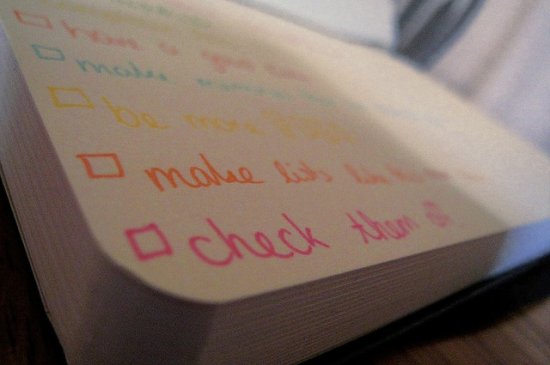
Questions to consider about your finances
Check out these seven questions from the American Bar Association's Family Legal Guide to properly assess your level of financial distress:
- Are you paying just the minimum monthly payment on your credit cards?
- Are you using credit cards to pay for everyday living expenses?
- Have you taken out a home equity line of credit to help pay bills?
- Have you taken cash advances from your employer or credit cards to get by?
- Are you behind on your rent, mortgage payment or car loan payment?
- Are you accumulating ever-increasing late fees and interest?
- Are you draining your savings or retirement accounts to pay bills or living expenses?
Why bankruptcy timing is critical
A well-timed bankruptcy can help you in the following ways:
- If you're behind on your mortgage, bankruptcy can halt a foreclosure proceeding and buy you time to get caught up or find a new place to live.
- For a car loan that's delinquent, bankruptcy can buy you time to get caught up, work out a payoff deal with your lender or try and buy a replacement vehicle.
- If you're dealing with debt collectors, they must leave you alone from as soon as you file bankruptcy and will last until the bankruptcy stay ends or you receive a discharge.
- Permanently discharge a wide range of unsecured debt including medical bills, credit cards and other bills so that you don't ever have to pay them.
Why you don't want to wait too long to file bankruptcy
If you wait until you've been sued and have been saddled with lawsuit judgments or have been hit with liens on your assets or property, it can complicate the process and could diminish your results. What's more, if you continue on struggling with your debt til the point that you drain your savings, borrow against your assets and get yourself in deeper, you'll get less out of the financial fresh start than you could if you had filed earlier.
